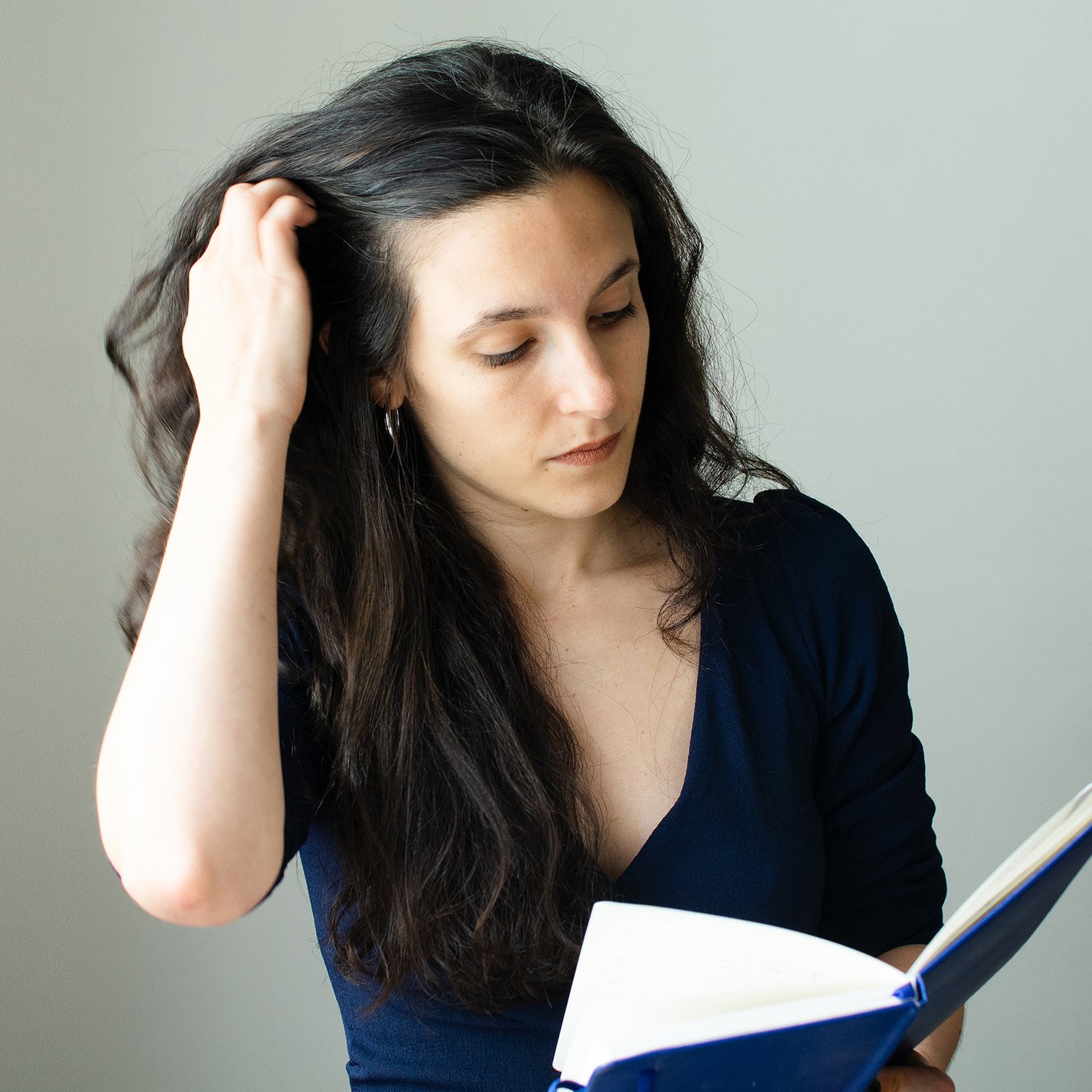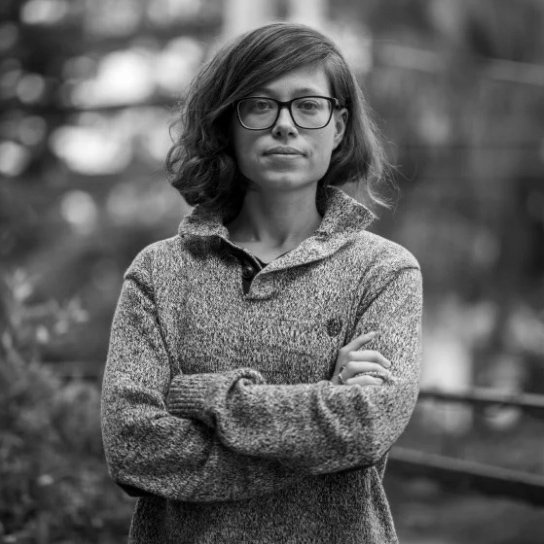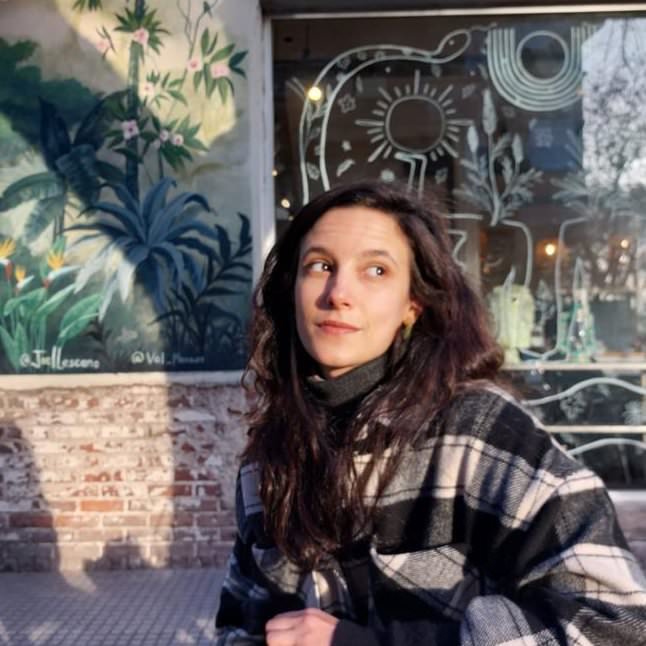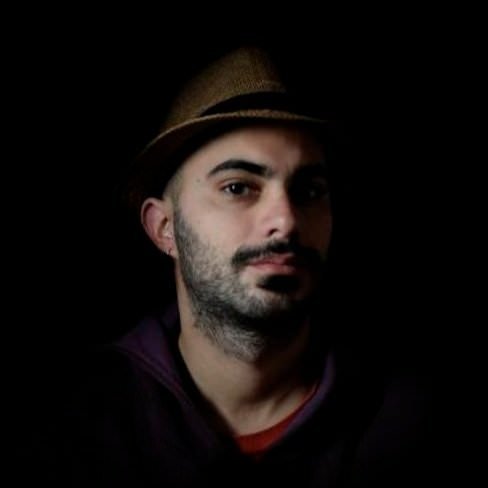Reporting on Venezuela’s ‘Last Shot at Change’
AUGUST 7, 2024
The Reporter’s Notebook is our monthly interview series with Dial contributors. This week we are bringing you a special dispatch from Venezuela. To receive these conversations directly in your inbox, sign up for our newsletter.
✺
A conversation with Lucía Cholakian Herrera, whose reporting on Argentina’s blue dollar economy was published in our Weapons issue.
Usually based in Argentina, Cholakian Herrera was in Venezuela to cover the July 28 presidential election that has plunged the country into a democratic crisis. While President Nicolás Maduro claimed victory, the opposition and international observers say the result does not reflect the actual tallies from polling stations and are calling on the government to release voting records to back up its claims. At least 22 people have died in ensuing protests, and more than 2,000 people have been jailed. Among Venezuelans, “the leading emotion after the election was frustration,” Cholakian Herrera told Deputy Editor Esther King in an interview on August 5. “Many voters said they knew this was going to happen” but “it felt like their last shot at change.” The interview was edited for clarity.
THE DIAL: What happened after Maduro declared victory? Where were you at the time and can you describe the atmosphere and how people reacted?
LUCÍA CHOLAKIAN HERRERA: While waiting for the results, the streets of Caracas were mostly empty. I got together with a group of Argentine journalists and we started working collaboratively.
When we heard the results, none of us was brave enough to say, ‘This sounds a little bit weird.’ But it did feel like there was something off about what we were hearing. Because we had all been reporting for a few days — in Caracas mostly — and we had struggled to find government supporters. We did go to search for those voices. But the people we talked to in the streets were all opposition voters or people who didn’t necessarily support the opposition but were voting against Maduro because they felt like Venezuela needed a change.
So when we heard the results, there was a slight awkwardness in the air.
And then people went out onto the streets to celebrate — the government had called on them to go out and celebrate. But the opposition stayed silent, they just held a very short press conference later that night.
THE DIAL: The opposition collected receipts from polling stations and has published its own results, which show that its candidate, Edmundo González, won the election with over 65 percent of votes, compared to 30 percent for Maduro. Independent exit polls also showed a decisive lead for González. How can Maduro claim victory in this scenario?
LCH: One thing that’s very important to keep in mind is that the party Maduro belongs to has been in power for 25 years. It has a very complex history, it has won many elections, it has had great support from people, it has changed lives and it has been very important regionally.
But it’s important to understand that the whole machinery of politics in Venezuela is under the control of Maduro. The working class is very afraid to go out in the streets. The opposition is struggling to get this photo that you need — of millions of people out in the streets — to get international support and put more pressure on the government. And this is because, it is indeed at this point an autocracy. And people are very scared. People have been detained at airports, their passports have been held. There are claims of disappearances or kidnappings.
THE DIAL: What is the perception of Maduro and the ruling party among the people you spoke to? What pushed them to take to the streets? And how are these protests different from others in the past?
LCH: The leading emotion after the election was frustration. In the days before, people were telling me, he’s not going to give up power. We know the opposition is going to win, but he’s not going to give up power. This was strange to hear, because people headed to the polls with a lot of hope. It was really a very happy day for Venezuela. It was sunny, because people were going out in the streets to vote, gathering to have lunch after with their families. It was a very joyful day. It was strange to hear people telling me the outcome of this would not be democratic, because it felt like the whole democratic machine was still working.
And after Sunday, many voters said they knew this was going to happen. They did not expect anything from the government but still it felt like their last shot at change. I was speaking mostly with working class people whose children are living abroad or who have chronic illnesses and don’t have access to health care or have access to the medicine that they need. This is a society that is very traumatized and broken in many ways. And I think people have a feeling now that nothing is going to make this better — even if we go out into the streets, even if we show the voting tallies, even if we see the numbers, even if the United States, Argentina, Brazil, Colombia say otherwise, nothing is going to change this scenario.
THE DIAL: How are local journalists covering these events? Are they at risk of government reprisals? How did you ensure your safety while you were on the ground?
LCH: The media in Venezuela is under a lot of censorship. There are many independent news outlets that are doing a great job that are attacked, taken down by the government, hacked. So journalists are under attack for doing their work.
When you cover elections, you typically see other journalists working very publicly, with their press credentials. That was not the case here. I tried to keep it very lowkey. I was very mindful of where I took out my phone, where I decided to interview people in the streets, where I shot videos. I was not out publicly with my press vest or press credentials, I was just walking around normally and I think that helped. I did hear a lot of stories of members of the international press being asked by police what they were doing, if they could see the photos they had just taken, what they were asking people. Fortunately, that didn’t happen to me.
It was very important to me to work with other Argentinian journalists. We would stay connected all the time, we would let each other know if we were going out reporting in the streets, we had a WhatsApp group and would just say, hey I’m walking this way. That support was really key.
One thing I learned is that it doesn’t matter how much you study before a reporting trip, having a network of people with whom you can have a dialogue — reflect, ask questions, share concerns — is so important when you’re on the ground.
THE DIAL: The US and other countries are putting pressure on the government to publish official results. Washington has also said it recognizes González as the victor. Given the long history of US sanctions against Venezuela, does this statement carry any weight in the country? How is this likely to play for Maduro?
LCH: The Biden administration is facing a new challenge. They have their own election coming up and migration policy is central to this election. So if sanctions were to be reimposed and it were to create a new exodus, this would definitely react negatively with the plans that Biden has for the southern border. And the Democrats really need to keep this quiet until November. So how these sanctions play out will be key not only to Venezuela — and the rest of Latin America, of course — but also for US domestic policy.
I know the White House is under a lot of pressure to stop what they have considered to be a very soft approach to Maduro, trusting that elections will be transparent. So now the next move on Biden’s behalf will be important.
THE DIAL: How is this unfolding democratic crisis being perceived in other countries in the region? How might it change dynamics at a regional level?
LCH: Latin America, politically, is a territory under dispute right now. We have seen waves of progressive governments trying to build a more regional network to discuss and negotiate with the rest of the world. We’ve seen a wave of right-wing or far-right governments. And of course then of course what’s happening with Maduro and the fact that a lot of progressive governments, like Lula Da Silva in Brazil, are letting go of their support for Maduro, or at least for what he has been doing recently.
We don’t know where these alliances will go. Venezuela was the last standing government that represented the so-called “Patria Grande” movement that started with Hugo Chávez in 1999 and championed this idea of a shared homeland for all the countries of the Americas below the United States. Maduro was the apprentice of one of the biggest leaders of that movement. So what this means now is very unclear.
People who belonged to or supported that movement are starting to realize that what’s going on in Venezuela is very worrying. It doesn’t fit with these ideas of socialism, sovereignty, democracy, all these large concepts that are being used by Maduro but that have become emptied.
In Argentina, it means a lot for domestic policies as well. The situation in Venezuela is putting at stake our own concepts of internal politics and it’s making a lot of people wonder what risks certain movements in Latin America pose for democracy — which I think is a new question for progressives.
THE DIAL: What are your takeaways, personally, from what you witnessed?
LCH: We can’t understand Venezuela in terms of government and opposition. It’s more complex than that. We are seeing a society that has been under hyper inflation, exodus, devaluation, that has lacked basic goods for a long time, that has been sanctioned and banned from the rest of the world, that has seen their diaspora struggle. It has been incredibly traumatizing. In order to understand Venezuela, you have to start by looking at its people.
I’ve been covering Venezuelan migration in the United States and Mexico for the past few years and sometimes it was hard for me to match what people tell me with the ideas that I had about Venezuela.
Now that I’ve been to Venezuela, I can absolutely say that it’s much more dynamic and much more complicated to diagnose what is happening there. As journalists, especially when we’re covering an election, we’re always looking at the politicians and chasing those off-the-record sources that will give us the information that no one else has. I think it’s time to go back to people. Walk the streets, go to the barrios, listen to what they have to say even if sometimes it doesn’t seem representative of the larger thing you had in mind. To understand what is happening in Latin America right now, we need the voices of the people in the streets, especially the working class.
LUCÍA CHOLAKIAN HERRERA is an independent correspondent based in Buenos Aires who covers politics and human rights in Argentina and Latin America. Her work has been published in The New York Times, Foreign Policy, Rest of the World, BBC, Al Jazeera, and The Dial, among others. She covered Latinx immigration in New York City as an ICFJ Emerging Media Leader.Follow Lucia on X
ESTHER KING is the deputy editor of The Dial, and a journalist based in Brussels. She was a founding member of Politico’s European newsroom, where she edited features and op-eds and later led a team of journalists covering sustainability. She has reported on Europe’s response to the George Floyd protests in 2020, Belgium’s attempts to reckon with its colonial history and the crackdown on volunteers working with migrants in the Mediterranean Sea.




